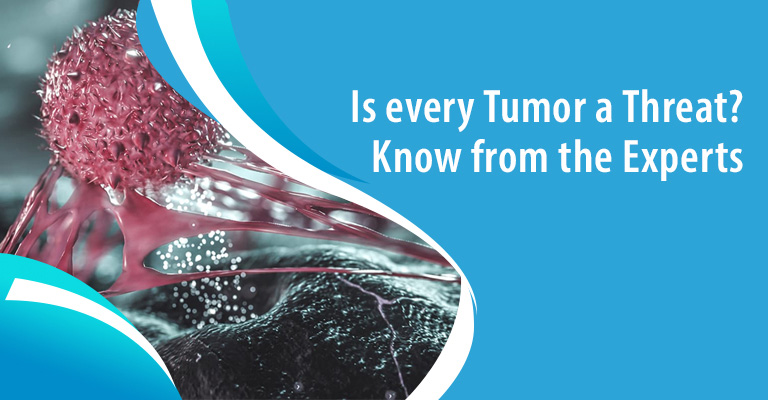Mouth cancer is one of several forms of cancer that make up the head and neck cancers category. Mouth cancer, like other head and neck cancers, is frequently treated in the same way. Mouth cancer is a type of cancer that develops in any of the mouth's components (oral cavity). Mouth cancer can develop on any of the following surfaces:
- Lips
- Tongue
- Gums
- Roof of the mouth
- Inner lining of your cheeks
- Floor of your mouth/under your tongue
Medica’s oncology department excels in providing world-class cancer treatment driven by their collective clinical excellence of over 30+ years. With a multidisciplinary approach to treating all types and forms of cancer, our oncologists and onco-surgeons are supported by the latest cancer treatment technologies along with a team of highly-skilled reconstructive surgeons who deliver extensive treatment to all of our patients, adults and children alike.









